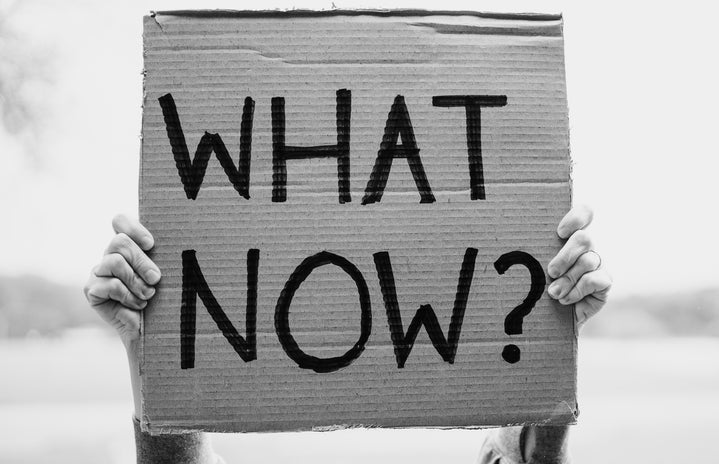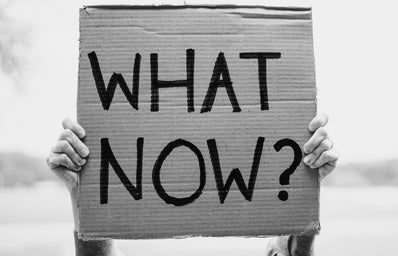Disclaimer: The following article will handle some tough topics, such as suicide, in regards to men’s and women’s rights. Discretion is advised.
When we think about patriarchy and feminism, we view it as women’s problems. There is this idea that the issues with gender inequality only affect women. Pay gap, discrimination and work-based harassment all are viewed to be problems for women. However, there are problems affecting men, and here’s how feminism can help.
Men died by suicide 3.68x more than women.
Firstly, patriarchy harms men’s health on many levels. The most obvious is on an emotional level. Men are expected to be level-headed all of the time, even if that means placing their emotions on the back burner. This leads to higher rates of depression and suicide in men. According to the American Foundation for Suicide Prevention, “men died by suicide 3.68x more than women” in the United States and the highest rate was within middle-aged white men. This is because men are less likely to seek out help for their mental struggles that lie in the patriarchy’s belief that men should be strong and should never open up, especially if they’re struggling because of the standards set in their cultures.
Furthermore, men’s physical health is at risk. Men are less likely to seek medical attention when they are sick and more likely to stop taking their medication for an illness. Therefore, men are less likely to take time off when they need time to recover. Unsurprisingly, this means that the life expectancy for men is three to four years shorter than women. This can be linked to the fact that, once again, men are meant to be strong and the breadwinner for their families.
1 in 71 men will be raped in their lifetime and 1 in 9 men will experience severe intimate partner abuse.
Men are, also, forced into an image of hyper-masculinity and sexuality. Men in our society are expected to be interested in sex while also hold dominance over women in society. This dominance leads to high levels of domestic violence between heterosexual couples, with the man being the perpetrator majority of the time. However, this does not mean men don’t face violence themselves. 1 in 71 men will be raped in their lifetime and 1 in 9 men experience severe intimate partner abuse. All of this could be due to men are expected to like sex, to want it all of the time, and to use their perceived dominance to control women. When this doesn’t happen, harm can be inflicted on the unwilling male victims.
Ultimately, the only people fighting for men to go against these expectations are feminists. Many people, feminist or not, understand that men do not routinely exhibit sexist behavior. However, there are still stereotypes that affect men. Due to this, feminists are trying to work with men as a way to liberate themselves from toxic stereotypes. This also comes with men actively trying to end these expectations alongside feminists. By educating themselves, men can learn to be better allies to women and to themselves.
Men are not monsters nor are they condemned to the stereotypes patriarchy creates. The patriarchy is harming men in ways that might not be as prevalent or spoken about as the ways it affects women. However, this does not mean men are exempt. The patriarchy is still a men’s issue.


